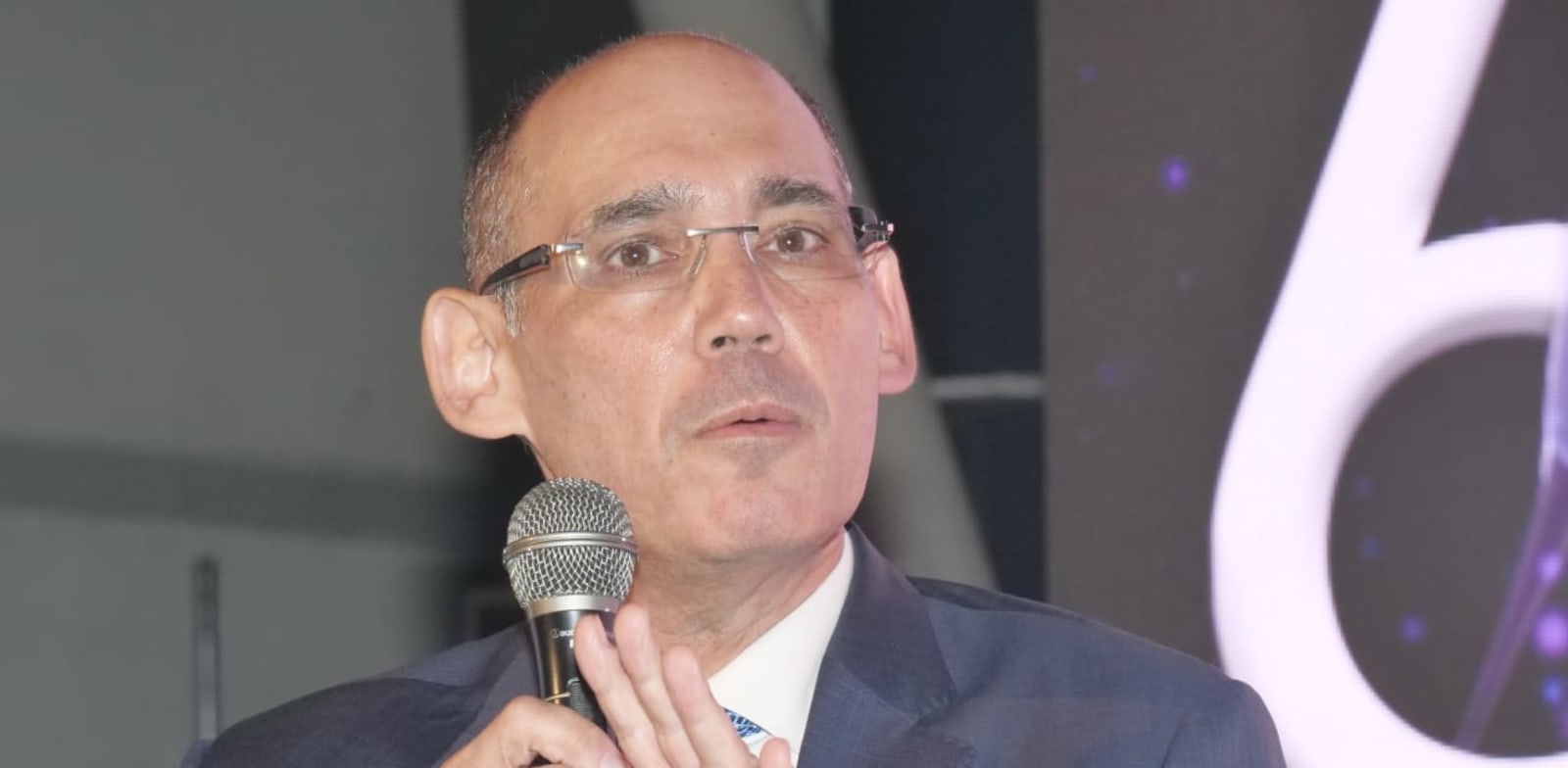The Bank of Israel Monetary Committee, headed by Governor Prof. Amir Yaron, has raised the interest rate by 0.5% to 3.75%, as expected. This is the seventh rate hike made by the Bank of Israel since April 2022, when it raised the rate from its historical low of 0.1% to 0.35%. The interest rate is now at its highest since the fourth quarter of 2008.
For the second successive time the Bank of Israel Monetary Committee has opted for a 0.5% rate hike, which was preceded by two hawkish 0.75% hikes in October and August. Some analysts had expected a more moderate 0.25% hike. But as it strives to tame rising inflation, which has been running at more than 5% over the past 12 months in Israel, the Bank of Israel chose a more aggressive 0.5% hike, as most analysts had predicted.
RELATED ARTICLES
The Bank of Israel said, “Inflation in Israel is 5.3% over the past 12 months, and is high in a wide range of CPI components. However, there has been some moderation in some components. Inflation expectations for all ranges are within the target range.” The Bank of Israel predicts 3% inflation in 2023, up from 2.5% in its most recent forecast in October 2022. The Bank of Israel sees the interest rate at 4% at the end of 2023.
The bank added, “Economic activity in Israel remains strong, but the growth rate appears to have slowed relative to the first half of 2022. The labor market remains tight, although in recent months there has been some moderation in employment data.
“The research department has revised its macroeconomic staff forecast. In its assessment, GDP is expected to grow by 2.8% in 2023 (down from 3% in its previous forecast in October), and by 3.5% in 2024. The level of economic activity derived from the forecast remains strong, particularly by international comparison.”
On housing prices the Bank of Israel said, “Home prices increased in the past 12 months by a significantly high rate. However, the numbers of building starts and permits remain higher than in the past, the number of home purchases continues to decline, and the volume of new mortgages taken out is close to its average precrisis level.”
On the shekel, the Bank of Israel added, “Since the previous monetary policy decision, the shekel weakened by 1.6% against the US dollar, by 5.8% against the euro, and by 3.4% in terms of the nominal effective exchange rate.”
On international developments the Bank of Israel observed, “The slowdown in economic activity abroad continued, and the risk of a recession is increasing in many countries. The inflation environment remains high, but in the US, the trend of moderation of inflation continues, and there are initial signs of moderation in inflation in the eurozone and in Britain.”
Published by Globes, Israel business news – en.globes.co.il – on January 2, 2023.
© Copyright of Globes Publisher Itonut (1983) Ltd., 2023.
